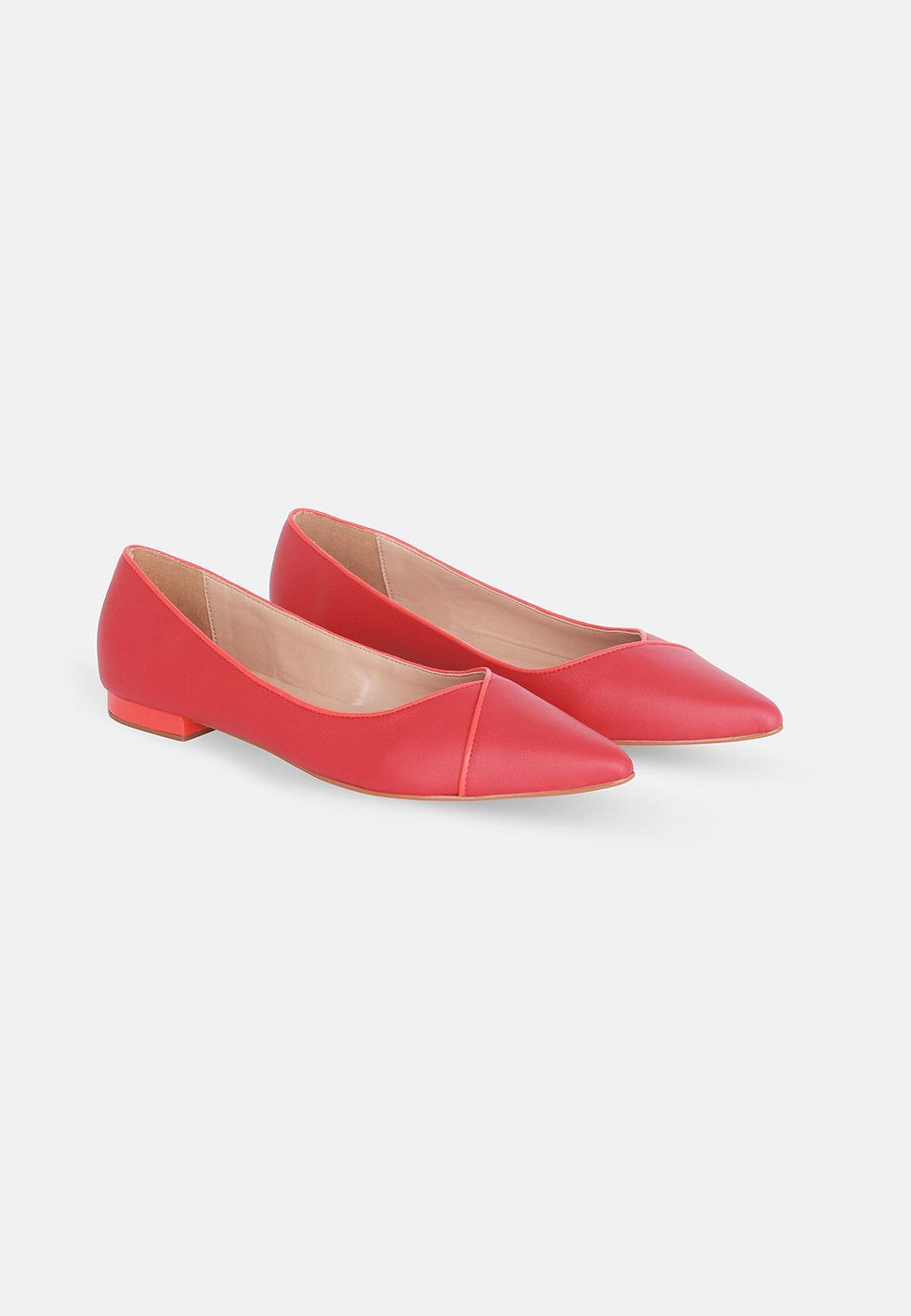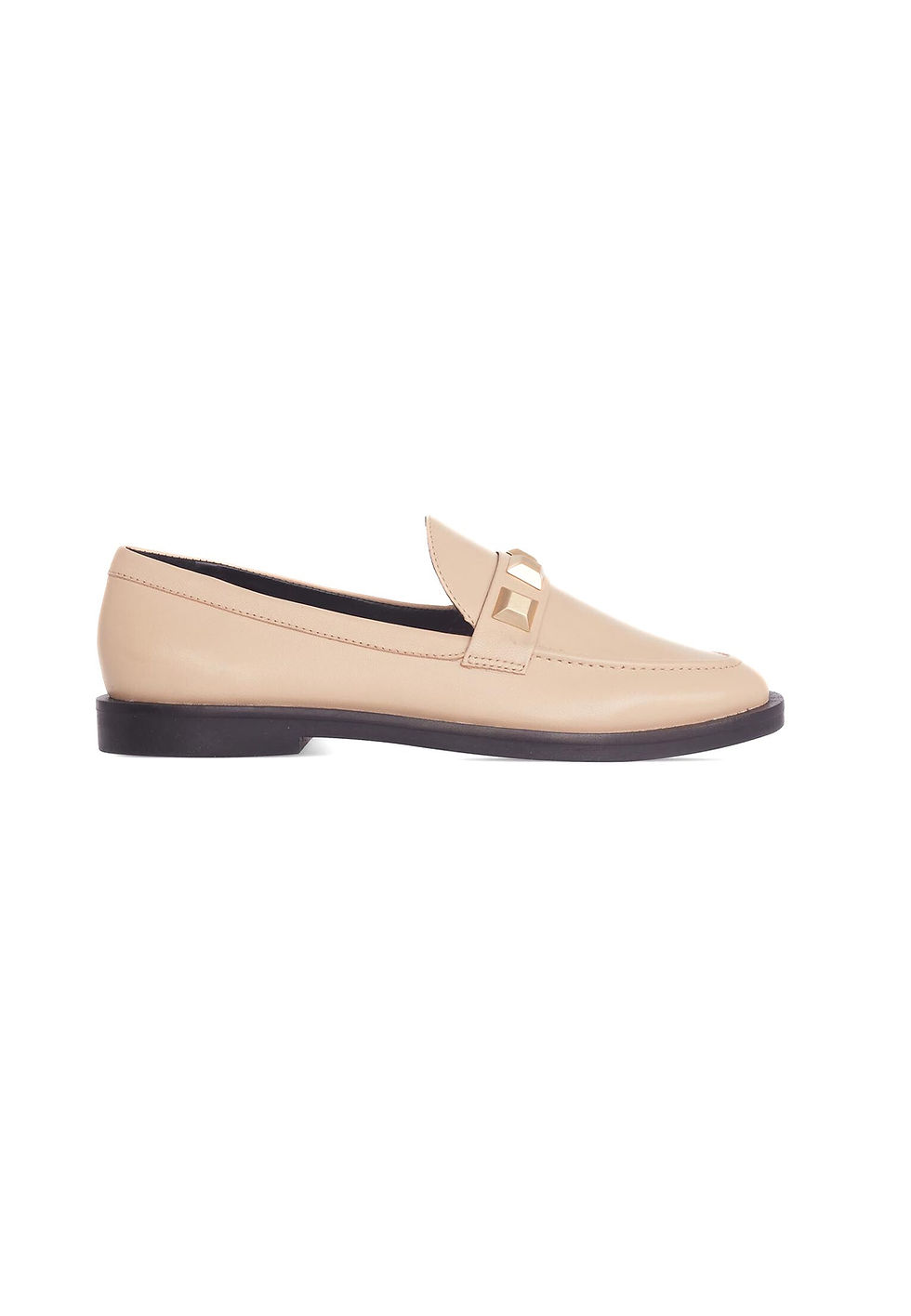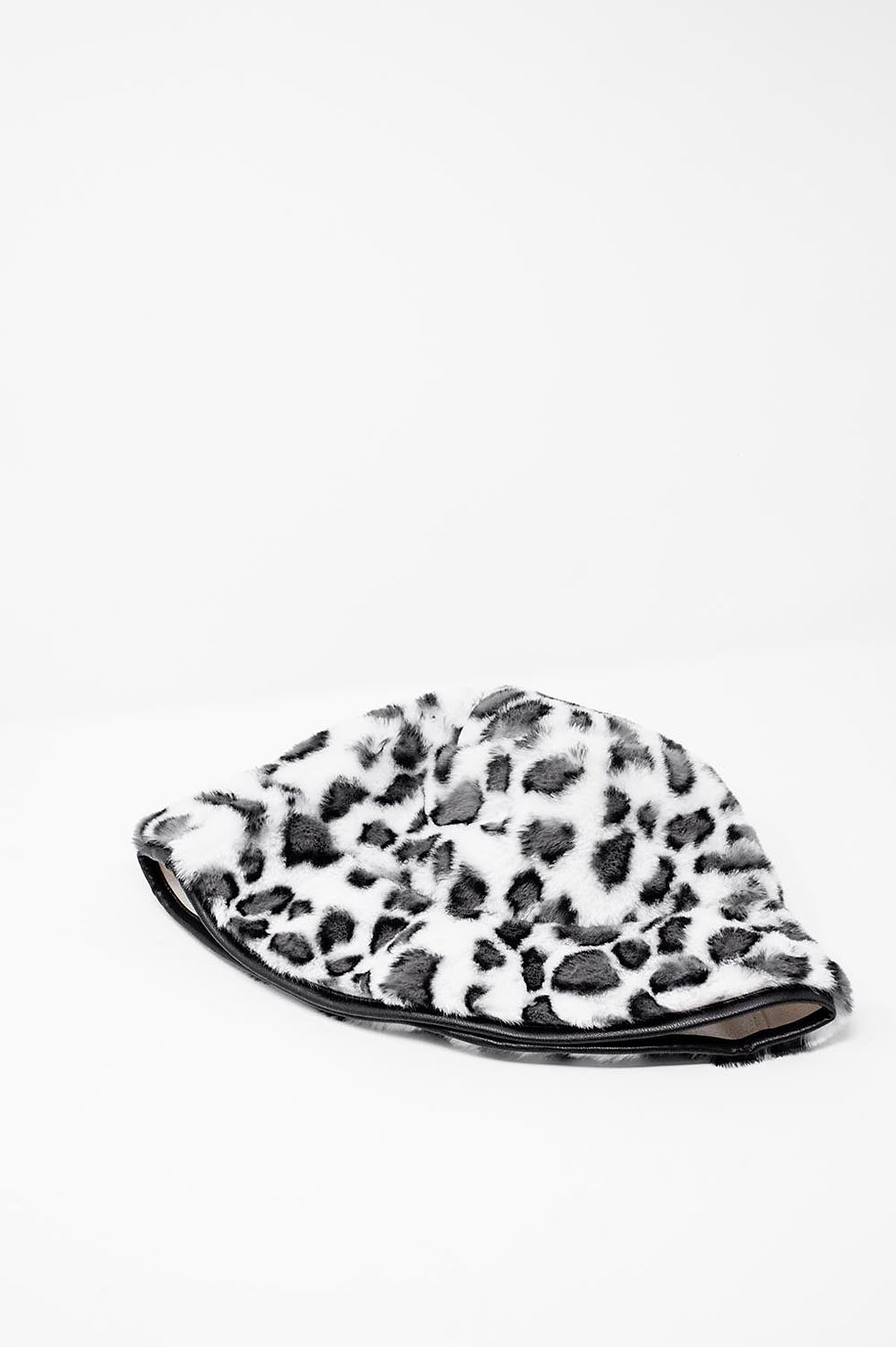Individual Lesson Notes On Discovering The Alphabet for Kindergarten
- Ngechent

- Nov 21, 2023
- 1 min read
Updated: Jan 16, 2024
Title: Discovering the Alphabet: Reading Letters
Specific Objective: By the end of this lesson, students will be able to recognize and read letters of the alphabet.
Materials:
– Alphabet flashcards
– Letter recognition worksheets
– Picture books with alphabet themes
– Whiteboard or chart paper
– Markers or chalk
– Letter puzzles or magnets (optional)
Stages | Material |
2. Hold up each flashcard one by one, saying the name of the letter out loud. Encourage students to repeat after you. 3. As you go through the flashcards, ask students if they know any words that start with those letters. Write down their responses on the whiteboard or chart paper. | |
Letter Recognition Activities:1. Distribute letter recognition worksheets to each student. These worksheets can include various exercises such as circling or tracing the correct letter. 2. Give students time to complete the worksheets independently. Circulate around the room to provide assistance and guidance as needed. 3. After completing the worksheets, gather the students to review their answers and discuss any challenges or questions they had. | |
Reading Practice:1. Introduce a picture book that focuses on the alphabet. Choose a book with clear illustrations and simple text. 2. Read the book aloud to the class, pointing out each letter as you come across it. Encourage students to sound out the letters and the corresponding words. 3. After reading the story, engage the students in a discussion about the alphabet. Ask questions such as: – Can you find any letters that we learned today in the book? – What are some other words that start with those letters? | |
Interactive Activities:1. Set up letter puzzles or magnets on a magnetic board or table. Have students take turns choosing a letter and finding its matching puzzle piece or magnet. 2. Encourage students to say the name of the letter as they find its match. This activity can be done individually or in pairs, depending on the resources available. | |
Conclusion:1. Gather the students together and review the letters they learned today. Use the flashcards from the beginning of the lesson to reinforce their memory. 2. Summarize what they have learned about reading letters, emphasizing the importance of recognizing and sounding out letters in words. 3. Assign a simple letter-related task for homework, such as drawing or cutting out pictures that start with the letters they learned. Note: Throughout the lesson, be mindful of individual student needs and adjust the activities accordingly. Provide additional support or extension activities as required. |
Related:


















































































































































Comments